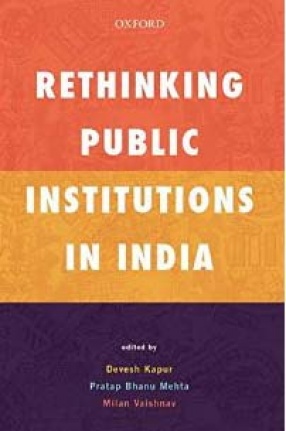
Showing all 7 books
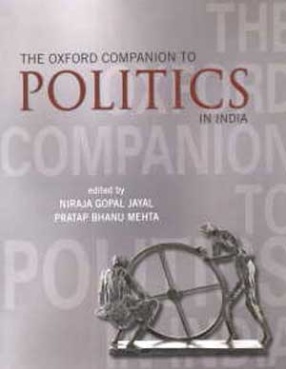
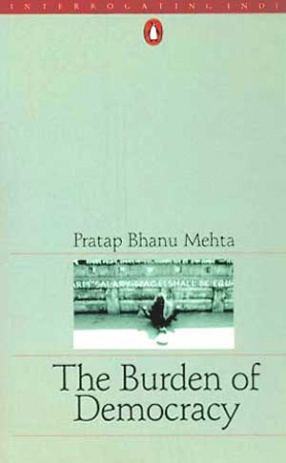

While a growing private sector and a vibrant civil society can help compensate for the shortcomings of India’s public sector, the state is-and will remain-indispensable in delivering basic governance. In Rethinking Public Institutions in India, distinguished political and economic thinkers critically assess a diverse array of India’s core federal institutions, from the Supreme Court and Parliament to the Election Commission and the civil services. ...
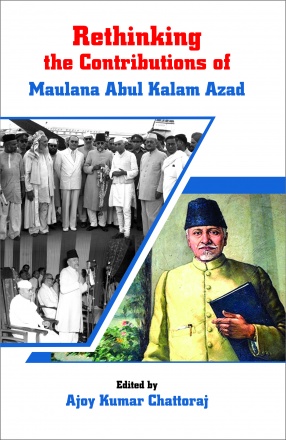
The book containing nine chapters attempts to throw light on Maulana Azad, who was a man of many dimensions. From his early life to education, his career as a journalist, his role in Freedom Movement, his efforts for Hindu-Muslim unity, his spiritualism, his social and cultural activities and his role as a maker of Modern India have been covered in this book.
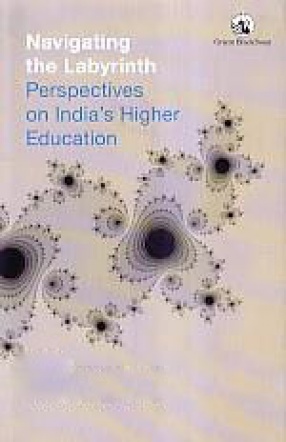
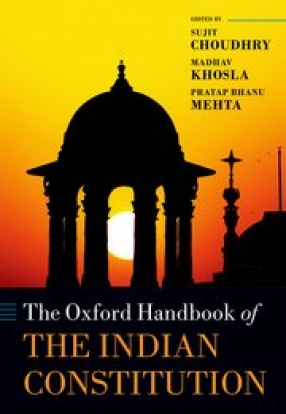
The Indian Constitution is one of the world’s longest and most important political texts. Its birth, over six decades ago, signalled the arrival of the first major post-colonial constitution and the world’s largest and arguably most daring democratic experiment. Apart from greater domestic focus on the Constitution and the institutional role of the Supreme Court within India's democratic framework, recent years have also witnessed enormous comparative ...

India's democratic polity--thriving amidst enormous social and cultural diversity and persistent inequalities--has long been an anomaly in democratic theory. In the context of India's increasing ascendancy on the global stage, it has also become a subject of widespread popular interest. The Oxford Companion to Politics in India addresses this interest by presenting a wide-ranging and comprehensive survey of politics in India today. It covers a gamut of ...

After nearly six decades of its existence, there is a pervasive feeling that India's democracy is in crisis. But what is the nature of this threat? In this essay Pratap Bhanu Mehta, reminding us what a bold experiment bringing democracy to a largely illiterate and unpropertied India was, argues that the sphere of politics has truly created opportunities for people to participate in society. But, looking at various facets, he also finds that persistent social ...
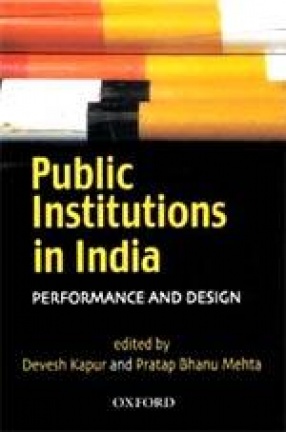
The modern state secures legitimacy and carries out its tasks of governance and development through a diverse range of institutions. This volume analytically assesses the design, performance, and adaptability of the principal institutions of governance in India and their critical role in a democratic polity. It is exiomatic that societies are well governed and well organized to the extent that their public institutions can adequately manage the demands imposed on ...
